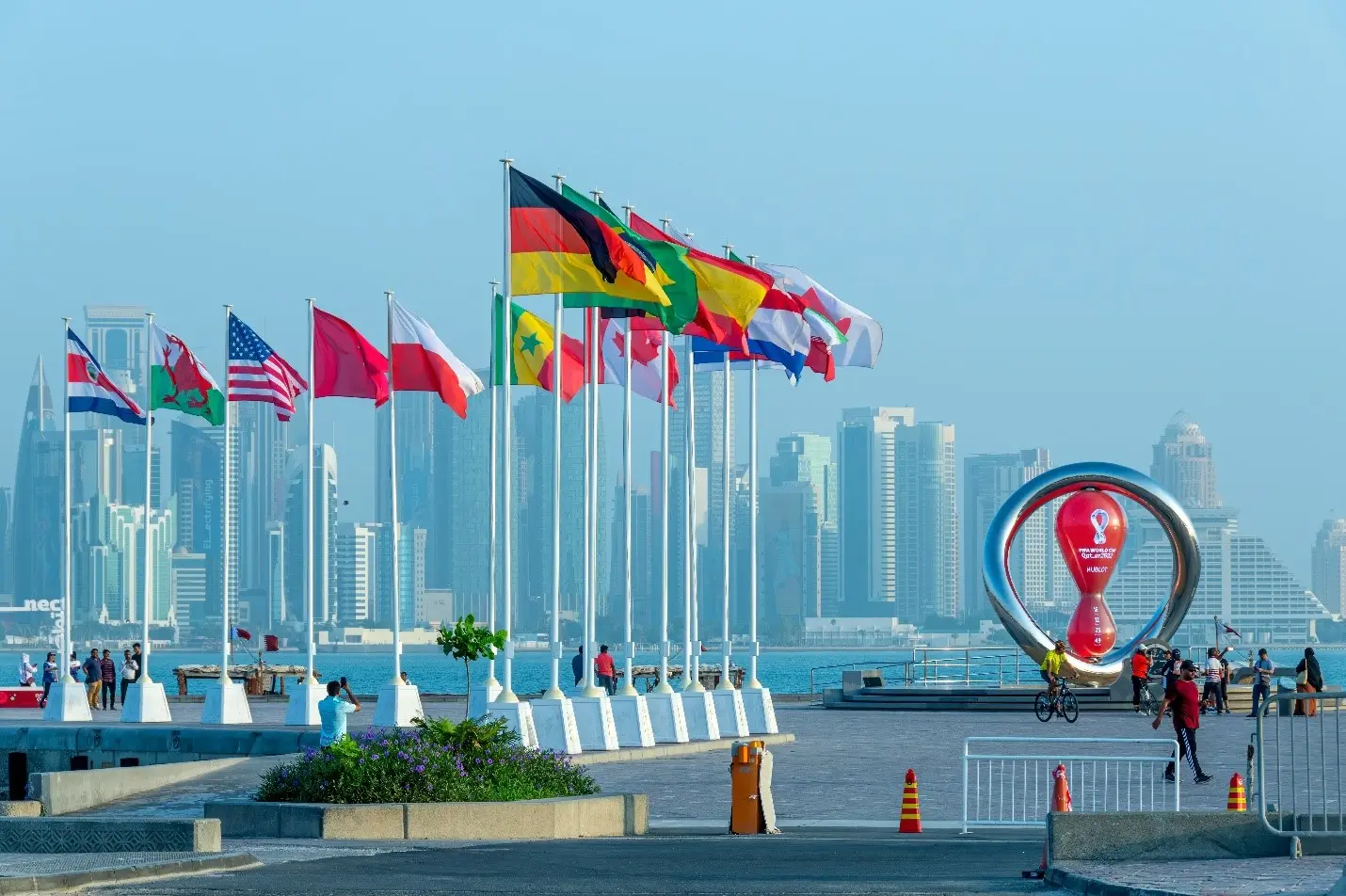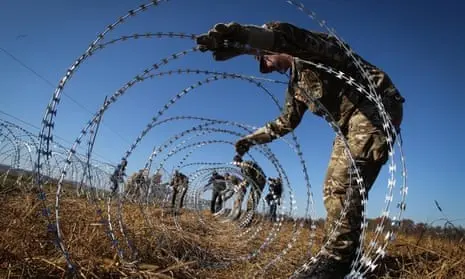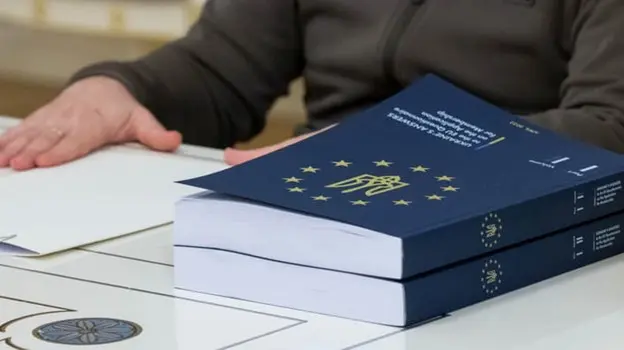29 Mar 2023
Sports Diplomacy: How Do Sports Events Enhance the Reputation of Countries?
The FIFA World Cup in 2022 in Qatar garnered more attention from the international community due to Qatar's ability to change perceptions of it as a nation capable of hosting the biggest sporting events. Many countries have recently sought to host international sports events in an effort to enhance their posture diplomatically, improve their reputation as well as shore up their position within the international community. To that end, “Sports Diplomacy” has been used to achieve understanding and peace among nations and promote the countries’ political and ideological goals. On the other hand, countries exploited sports as an approach aiming at asserting the superiority and strength of the state; for instance, the 1936 Olympic Games were held in Germany, and the 1934 FIFA World Cup was held in Mussolini’s Italy. In other cases, sports played a more constructive role in the 1990s, representing an opportunity for South Africa to surpass the apartheid era and look forward to a better future. For China, sports have played a role in introducing an open policy and a more influential economy.
A state’s reputation is one of the key factors affecting its international relations, as it reflects its global image, influencing its recognition and interaction with other countries. With sports diplomacy, states could carry out several interests, such as boosting diplomatic ties with other states, raising the degree of understanding and cooperation among people and governments, and improving the state's public image globally. In other words, sports diplomacy is an effective tool for attaining diplomatic goals and promoting the state’s reputation worldwide. This analysis seeks to shed more light on the link between sports diplomacy and the state’s reputation and how the state’s stance in the international community is enhanced by sports diplomacy.
20 Mar 2023
Securitization of Migration: An Elastic Tool
Securitizing an issue means simply, designating an issue as of an extreme danger to be dealt with urgently. The theory of securitization stipulates that national security policies are not given but are formulated by policy makers mainly through their uttered words. Accordingly, narratives given by policy makers frame issues as either a security threat, a mere challenge or even an opportunity. The same issue can be mentioned by the same political leader once as a security threat that the nation should mitigate at some point and an asset at another. Migration is one of those issues which governments either give a securitizing polish or none at all. In this analysis, the argument goes that “national interests” made-up from economic and political conditions are the main factors in deciding the given frame.
18 Jan 2023
Ukraine Ascendance to Europe: The Union’s Gift
June 2022, the European Commission announced granting Ukraine the status of a candidate country to the European Union. Nevertheless, problems concerning Ukraine such as their struggle with their economy and political system, are still on the agenda. Giving the candidacy status to Ukraine has been criticized since Ukraine is still regarded as a weak country and not yet eligible for such a status especially when compared with other European candidates. European accession is granted after an assessment process based on what is known as Copenhagen criteria. European officials have announced that the accession process will be done by the book and merit based. In the same vein, the commission has granted Moldova the same status which is, the same as Ukraine, considered part of Russia’s sphere of influence. Keeping all this in mind, in the light of Russian war in Ukraine, it is a valid question to ask whether Ukraine candidacy is merit based or politicized. Is the fifth enlargement scenario of the accession of incompetent Bulgaria and Romania as a reward for their role in Kosovo war is being repeated with Ukraine? Considering this, the analysis is going to examine why Ukraine was accepted as a candidate. Drawing on European Commission’s reports, it will be discovered which of Copenhagen criteria are fulfilled by Ukraine. Copenhagen Criteria are:
Stability of institutions guaranteeing democracy, the rule of law, human rights and respect for and protection of minorities (Political Criteria)
A functioning market economy and the ability to cope with competitive pressure and market forces within the EU (Economic Criteria)
The ability to take on the obligations of membership, including the capacity to effectively implement the rules, standards and policies that make up the body of EU law (the ‘acquis’), and adherence to the aims of political, economic and monetary union.


